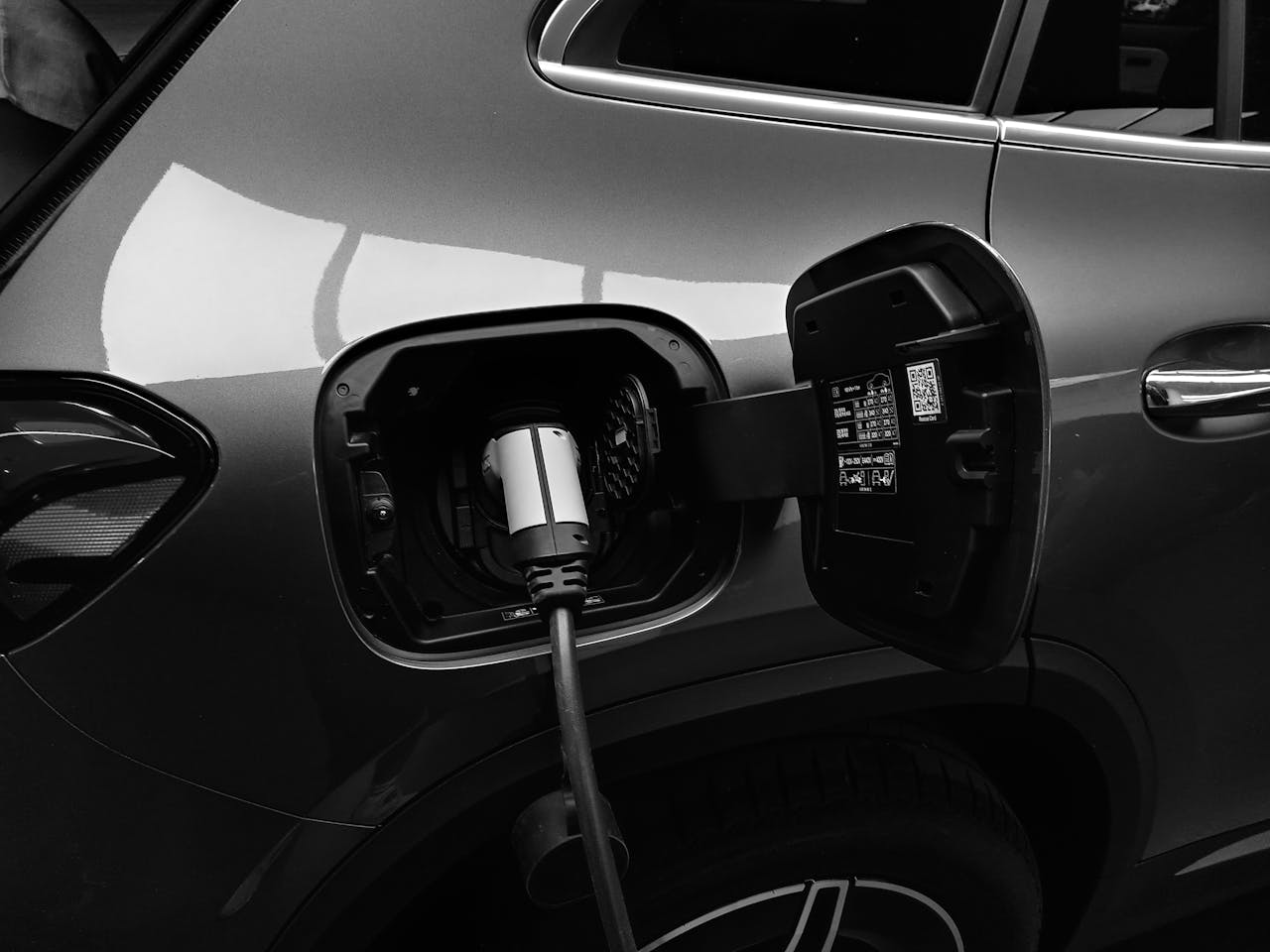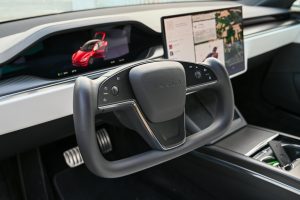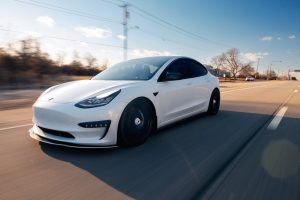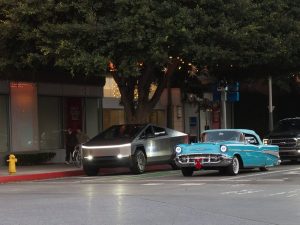In 2025, the global electric vehicle (EV) market is hitting a major turning point. On one side, traditional automakers in the U.S. and Europe are rushing to electrify. On the other, Chinese EV brands are surging into international markets with unbeatable pricing, technological innovation, and a rock-solid supply chain. Major international outlets are now recognizing a hard truth: China’s EVs are no longer just catching up—they’re setting the pace.
So what is china EV international advantage? It’s not just about being “cheaper.” Let’s break it down into a few deeper, structural factors.
1. World-Leading Vertical Integration: Full Supply Chain at Home
Chinese EV makers dominate in what’s known as the “three electrics”—battery, motor, and control systems. BYD manufactures both vehicles and batteries. CATL (Contemporary Amperex Technology Co. Limited) is the world’s largest EV battery supplier, powering brands like Tesla and BMW.
Even more important: China controls key upstream materials like lithium, cobalt, and nickel.
- Over 60% of global lithium battery production takes place in China.
- 6 out of the top 10 EV battery suppliers in 2025 are Chinese companies.
- LFP (lithium iron phosphate) battery tech is now being exported, with Tesla USA adopting it in many models.
This supply chain efficiency slashes costs and ensures delivery speed—something Western brands still struggle to match.
2. Unbeatable Pricing and Cost Performance
In Europe, a well-equipped Chinese EV can cost 30% less than a comparable Western model. For example:
- The BYD Atto 3 sells for around €38,000 in Germany, while a Volkswagen ID.4 costs nearly €48,000.
- The MG4 by SAIC was the fastest-growing EV in the UK market in 2024.
These savings aren’t about cutting corners—they’re the result of massive scale and mature platform-based manufacturing.
3. Leading in Smart Features and User Experience
When it comes to smart driving and digital experiences, Chinese EVs lead the pack:
- Voice commands control over 90% of onboard systems.
- L2+ or L3 autonomous driving is common (e.g., Huawei ADS, NIO NAD, XPeng XNGP).
- Frequent OTA (over-the-air) updates keep the car improving over time.
- UX/UI is mobile-first, intuitive, and appealing to younger users.
In a 2025 AutoExpress Europe survey, Chinese EVs ranked highest in infotainment usability.
4. Rapid Global Expansion and Localized Operations
It’s no longer just about “exports.” Chinese EV firms are going local:
- BYD has factories in Thailand, Brazil, and Hungary.
- SAIC’s MG has a design and R&D hub in the UK.
- NIO and XPeng have opened direct retail stores and battery-swap stations in Germany and Norway.
This full-stack localization builds trust, ensures service, and scales brand equity.
5. Strong Policy and Financial Backing from China
The Chinese government has consistently supported EV development, not just through R&D subsidies but also:
- Export tax rebates
- Green financing platforms
- Export insurance guarantees
While Western automakers face subsidy cuts and stricter regulations, Chinese brands enjoy a strong tailwind.
6. Rising Global Brand Recognition
In a 2025 report by Kelley Blue Book (U.S.), it was noted:
“More young consumers now associate brands like BYD, NIO, and XPeng with futuristic tech and innovation.”
Especially in Latin America, Southeast Asia, and the Middle East, Chinese EVs are no longer “cheap substitutes”—they’re “smart choices.”
Summary: It’s Not Just Cheaper—It’s a Total System Advantage
China’s global EV edge isn’t the result of any one product or gimmick. It’s a full-stack advantage—spanning production, cost, software, supply chain, and global strategy. As Western carmakers continue to transition toward electric mobility, China is already operating in an optimized “closed-loop” ecosystem with global reach.
In the global EV race, the real contest isn’t between companies—it’s between ecosystems. And in 2025, China is no longer a follower.
FAQ: China’s Global Advantage in EVs
1. Why are Chinese EVs usually cheaper than Western brands?
Chinese EV manufacturers benefit from complete vertical integration, local material sourcing, massive production scale, and government support. These factors significantly reduce production costs and make their vehicles more price-competitive without compromising quality.
2. Are Chinese electric vehicles safe and reliable?
Yes. Brands like BYD, NIO, and XPeng undergo international safety certifications (e.g., Euro NCAP, NHTSA) and have performed well in real-world safety tests. Many models are also built with advanced driver-assistance systems and high battery safety standards.
3. What are the most popular Chinese EVs sold internationally?
Some top models include the BYD Atto 3, MG4 (by SAIC), NIO ET5, and XPeng P7. These models are widely available in Europe, Southeast Asia, the Middle East, and Latin America.
4. How do Chinese EVs compare in smart features and technology?
Chinese EVs often lead in smart features, including voice command, adaptive cruise control, L2+ self-driving capabilities, large infotainment screens, and frequent OTA software updates. Their UI/UX is typically optimized for younger, tech-savvy users.
5. Will Chinese EV companies build factories outside of China?
Yes. BYD has announced or begun building manufacturing plants in countries like Hungary, Brazil, and Thailand. Other brands like MG and NIO are expanding with local design studios, service centers, and even battery swap stations in Europe.
6. Are Chinese EVs eligible for government subsidies in the U.S. or Europe?
Eligibility depends on the country. In the U.S., only vehicles that meet certain local assembly and battery sourcing requirements qualify. In Europe, some Chinese EVs qualify for incentives depending on emission standards and local regulations.
7. Are Chinese EVs only competitive because of government subsidies?
Not entirely. While government support helped in early stages, Chinese EVs are now globally competitive due to superior supply chain control, smart tech integration, and aggressive go-to-market strategies.
8. Where can I buy or test drive a Chinese EV outside of China?
Brands like BYD, MG, and NIO have direct stores or partnerships with dealerships in Germany, Norway, the UK, Thailand, Brazil, and other global markets. Many offer online purchase or booking options as well.



